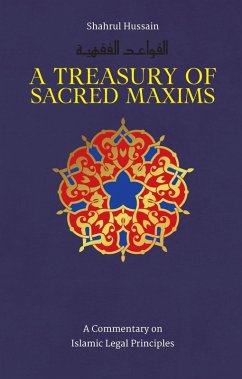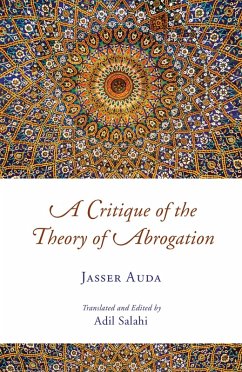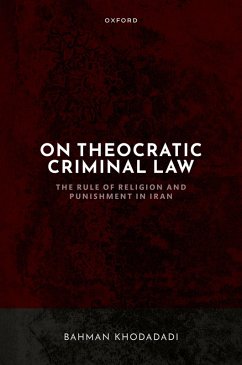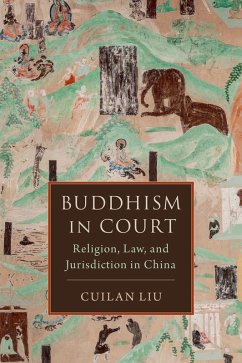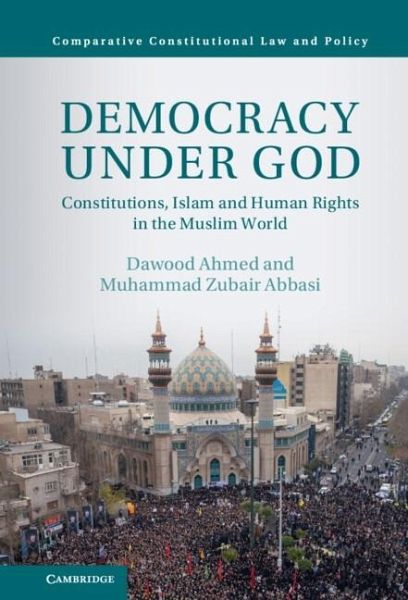
Democracy under God (eBook, ePUB)

PAYBACK Punkte
13 °P sammeln!
The place of Islam in constitutions invites fierce debate from scholars and politicians alike. Many of these debates assume an inherent conflict between constitutional Islam and 'secular' values of liberal democracy and human rights. Using case studies from several Muslim-majority states, this book surveys the history and role of Islam in constitutions. Tracing the origins of constitutional Islam, Dawood Ahmed and Muhammad Zubair Abbasi argue that colonial history and political bargaining were pivotal factors in determining whether a country adopted Islam, and not secularism, in its constituti...
The place of Islam in constitutions invites fierce debate from scholars and politicians alike. Many of these debates assume an inherent conflict between constitutional Islam and 'secular' values of liberal democracy and human rights. Using case studies from several Muslim-majority states, this book surveys the history and role of Islam in constitutions. Tracing the origins of constitutional Islam, Dawood Ahmed and Muhammad Zubair Abbasi argue that colonial history and political bargaining were pivotal factors in determining whether a country adopted Islam, and not secularism, in its constitution. Contrary to the common contention that the constitutional incorporation of Islam is generally antithetical to human rights, Ahmed and Abbasi show not only that Islam has been popularly demanded and introduced into constitutions during periods of 'democratization' and 'modernization' but also that constitutional Islamization has frequently been accompanied by an expansion in constitutional human rights.
Dieser Download kann aus rechtlichen Gründen nur mit Rechnungsadresse in A, B, BG, CY, CZ, D, DK, EW, E, FIN, F, GR, HR, H, IRL, I, LT, L, LR, M, NL, PL, P, R, S, SLO, SK ausgeliefert werden.






